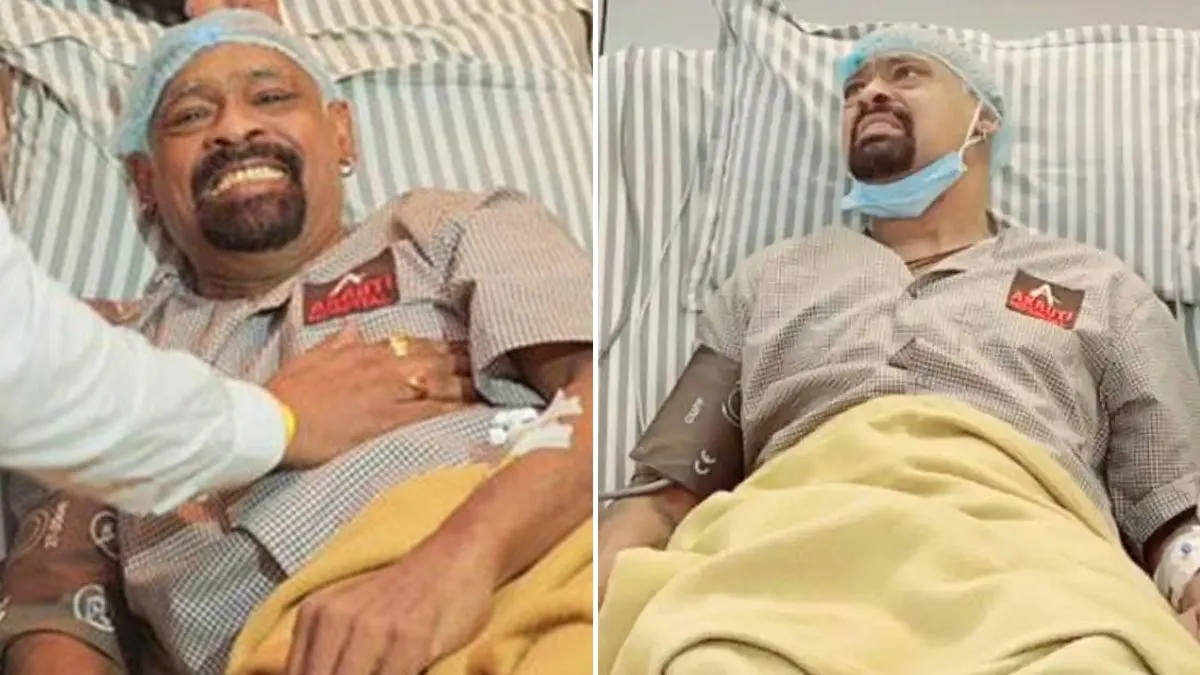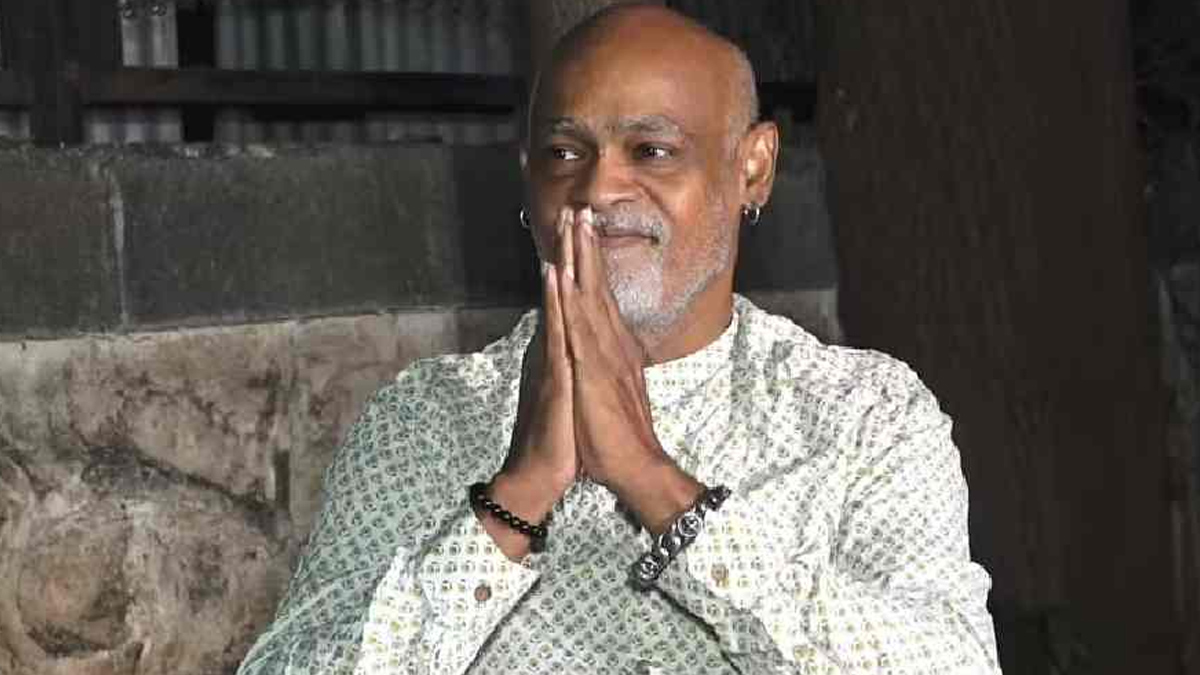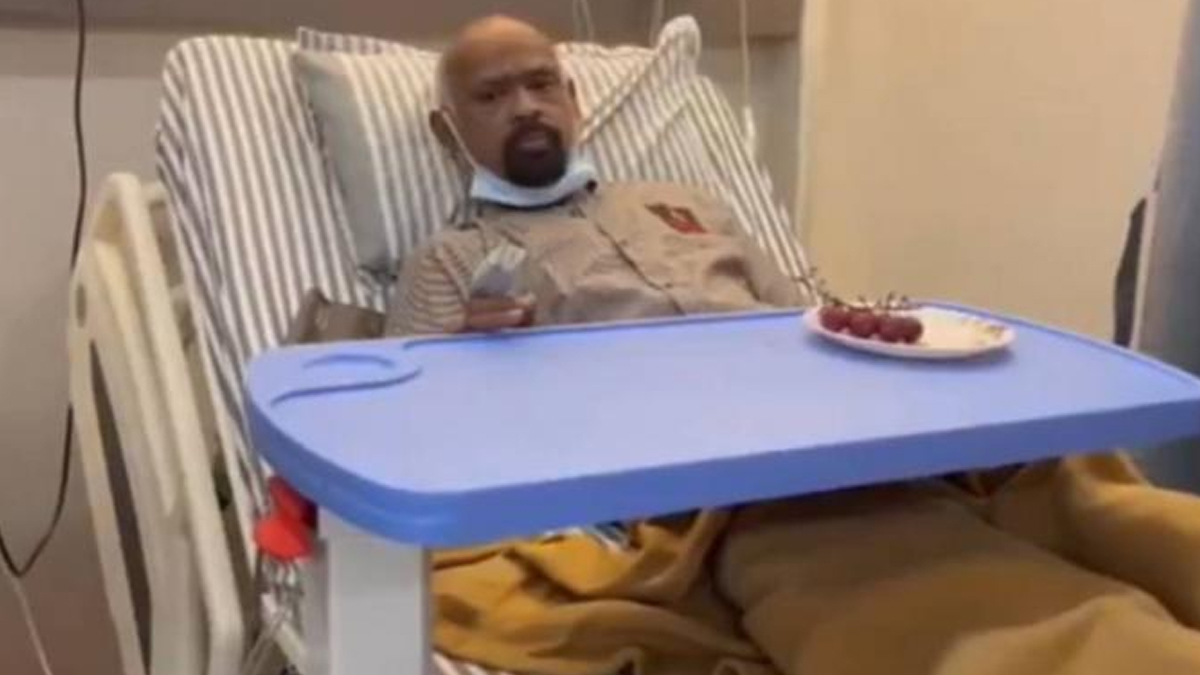
Vinod Kambli, a celebrated name in Indian cricket was spotted in a series of viral videos, looking visibly weak and unwell a few weeks ago. Concerns about the ex-cricket star's health have poured in yet again. Kambli was rushed to the hospital critical state by one of his fans, who also owns the hospital in the Thane district's Kalher neighbourhood of Bhiwandi.
Table of Content:-
The doctors disclosed that he was stable but critically ill. The 52-year-old ex-cricketer was reportedly experiencing symptoms of urinary tract infection that led to the discovery of blood clots in his brain.
Kambli had recently shared in a youtube interaction, “I was suffering from a urine problem—it was just flowing uncontrollably, my son, Jesus Cristiano, picked me up when I collapsed. My 10-year-old daughter and my wife came rushing to help. My head started spinning, and I fell. The doctor advised me to get admitted immediately."
While he is now under medical care and stable, the incident sheds light on the potentially life-threatening condition of cerebral blood clots, which, if untreated, can have devastating consequences.
RELATED: How Air Pollution Increases Blood Clot Risk: Preventive Steps To Take
What Are Brain Blood Clots?

Brain blood clots also known as Cerebral Thrombosis occurs when blood flow to or within the brain is blocked by a clot. This obstruction deprives brain tissue of oxygen and essential nutrients, often leading to severe complications, including stroke, brain damage, or even death. The condition requires immediate medical attention as the brain’s functions can begin to deteriorate rapidly in the absence of proper blood flow.
According to Dr Sharad Rajamani, Consultant - Neurosurgery, Manipal Hospital, Whitefield, "Extremely high blood pressure or blood vessel weakness or abnormalities are the main causes of blood clots in the brain." The latter is more typical.
Symptoms And Warning Signs
Recognising the symptoms of a brain blood clot is crucial for timely intervention. When Kambli was admitted to the hospital, he reportedly exhibited symptoms like severe cramps, dizziness, and low blood pressure– timely identification of the same was key in stabilising his condition.
The condition can manifest in various ways, often depending on the size and location of the clot. According to Dr Bhumesh Tyagi, Internal Medicine Specialist, Sharda Hospital, Greater Noida, these tell-tale signs of brain clots are common.
- A sudden and severe headache, sometimes described as the worst of one’s life, is a common early indicator. This can be accompanied by weakness or numbness on one side of the body, affecting the face, arm, or leg.
- Speech difficulties, such as slurred speech or trouble understanding language, are also frequently observed.
- Other symptoms include abrupt vision changes, such as blurriness, double vision, or even temporary loss of sight in one or both eyes.
- Many patients also report dizziness or an unsteady gait, making it difficult to stand or walk without assistance.
- In more severe cases, a person may lose consciousness or experience significant confusion, struggling to recognise their surroundings or communicate effectively.
What Causes Brain Clots?

Brain blood clots can arise from a variety of causes, with underlying health conditions often playing a significant role, like it was in Kambli’s case.
Dr. Dr. Anshu Rohatgi, Vice-Chairperson, Neurology, Sir Ganga Ram Hospital, New Delhi, explains, “Blood clots in the brain often result from certain genetic conditions, but more commonly they occur due to clots forming along the walls of blood vessels. This is especially prevalent in middle-aged and elderly patients with underlying atherosclerotic disease. Atherosclerosis refers to cholesterol deposits on the vessel walls, forming plaques that eventually lead to clot formation.”
He added, “Conditions such as hypertension, diabetes, smoking, and pre-existing heart disease significantly increase the likelihood of thrombotic strokes. Another form of ischemic stroke arises from cardiac issues, where the heart functions poorly, such as in cases of a flabby or failing heart or irregular heart rhythms. These conditions cause clots to form in the heart, which then travel directly to the brain.
Additionally, clots may form due to atherosclerotic changes in the blood vessels of the neck or brain, exacerbated by factors like diabetes, high blood pressure, dyslipidemia, smoking, and obesity. These clots disrupt blood flow to the brain, leading to strokes.”
RELATED: What It Means To Have Blood Clots During Pregnancy?
Diagnosis and Treatment of Brain Clots
Dr Tyagi says that diagnosing a brain blood clot requires a thorough medical evaluation, often involving advanced imaging techniques like CT scans or MRIs. These tests help pinpoint the location and severity of the clot, guiding the course of treatment. In Kambli’s case, the clots were identified through a series of tests conducted shortly after his admission, enabling his medical team to act swiftly.
Dr Rohtagi stressed the importance of prevention, saying, “Controlling blood pressure, diabetes, and cholesterol levels is crucial. Addressing underlying cardiac conditions is equally important. By managing these risk factors, we can significantly reduce the occurrence of strokes.”
Recovery often involves rehabilitation, particularly if the clot has caused significant neurological damage. This may include physical therapy to restore motor skills, speech therapy for communication difficulties, and occupational therapy to help patients regain their independence, according to Dr Tyagi.
The Need For Awareness
While not all blood clots can be prevented, maintaining a healthy lifestyle significantly reduces the risk. Controlling chronic conditions such as hypertension and diabetes, avoiding smoking, and adhering to a balanced diet are some of the most effective measures.
Kambli’s hospitalisation serves as a stark reminder of how serious this condition can be. His ordeal highlights the importance of being vigilant about one’s health and seeking medical advice at the earliest signs of trouble. We usually take news in fleetingly, but it is high time we treaded on a path towards awareness– of symptoms, of causes and of outcomes that have striked the celebrated cricketer.
Also watch this video
How we keep this article up to date:
We work with experts and keep a close eye on the latest in health and wellness. Whenever there is a new research or helpful information, we update our articles with accurate and useful advice.
Current Version